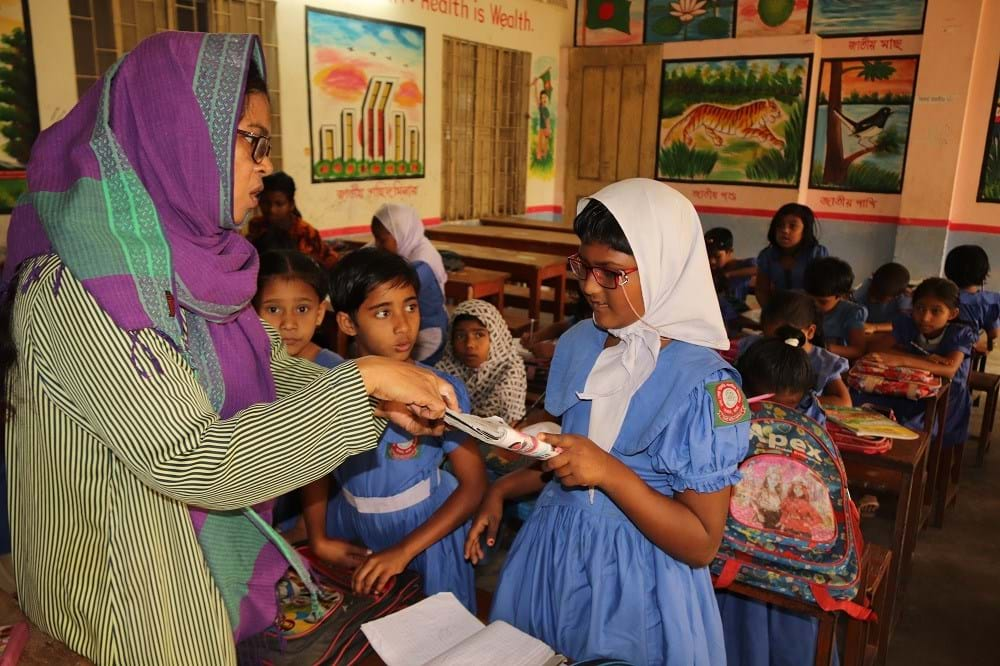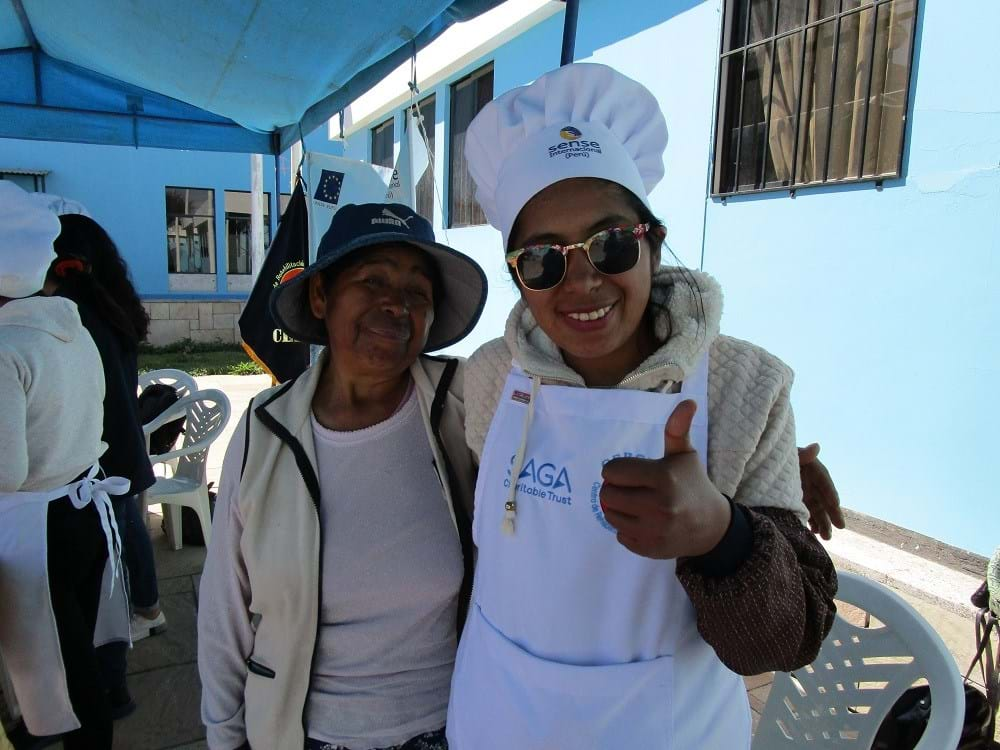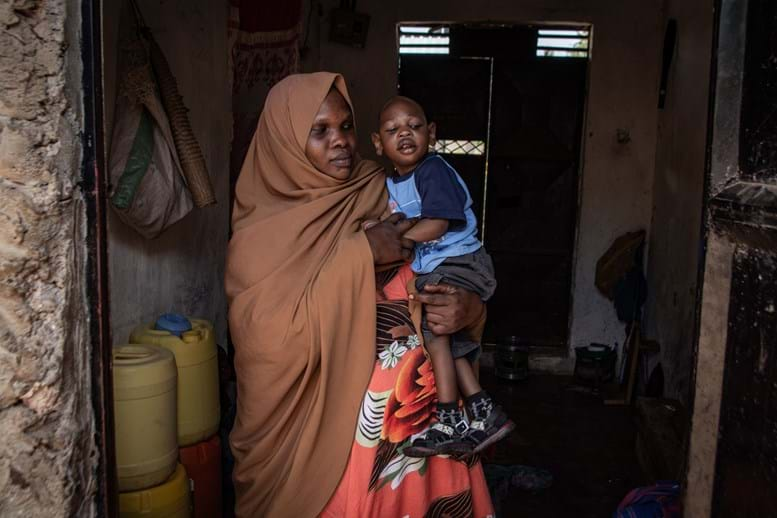Early identification and intervention
Identifying children with deafblindness and providing specialist support services is a vital step in ensuring that they get the best start in life and go on to achieve their full potential.
Children with deafblindness can be identified through a process of hearing screening and sight testing, but in many countries, health services lack the capacity, equipment and training to carry out screening processes and to offer specialist interventions.
Limited awareness of deafblindness and social stigma around disability may also prevent children with deafblindness and other complex disabilities from accessing the support that they need.
What happens when a child with deafblindness is identified?
If a child is found to have a hearing and/or sight impairment, further assessments are carried out to determine the specific support needed so that referrals can be made.
When children with deafblindness are identified, they are usually referred to specialist services which support their growth and development. They may be offered physiotherapy, speech therapy and multi-sensory stimulation therapies.
These not only help children to become mobile and to communicate, but they can also prevent severe deafblindness by enabling children to retain any level of sight or hearing that they may have.
How Sense International makes a difference
Sense International has established hearing screening and sight testing services in partnership with local health services and government ministries.
We are training health professionals to identify children with deafblindness and other complex disabilities, and to provide specialist therapies. This includes multi-sensory stimulation, where children are encouraged to make use of all their senses to explore, discover and learn through the use of adapted toys and equipment.
Our work extends to supporting parents and caregivers to gain the skills to nurture their child’s development in the home.
We aim to demonstrate how early identification and intervention services can be established.
We actively share knowledge and learning gained through our work with health professionals and government ministries so that more children can benefit from improved services in the long-term.
Information from screening activities is also useful in addressing the causes of deafblindness. For example, data from our early identification work in Uganda enabled us to influence the government to launch its first ever rubella vaccination campaign.




